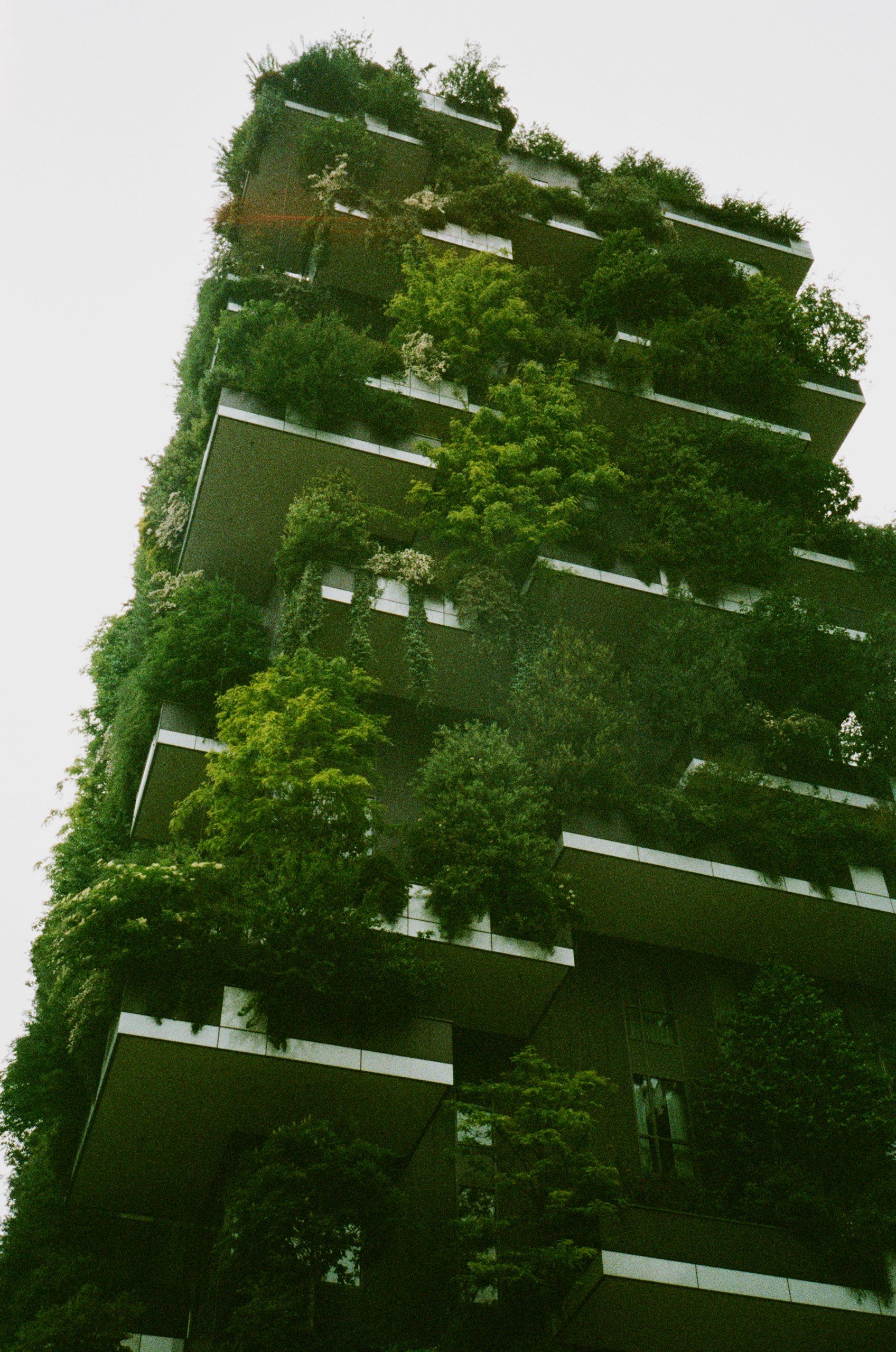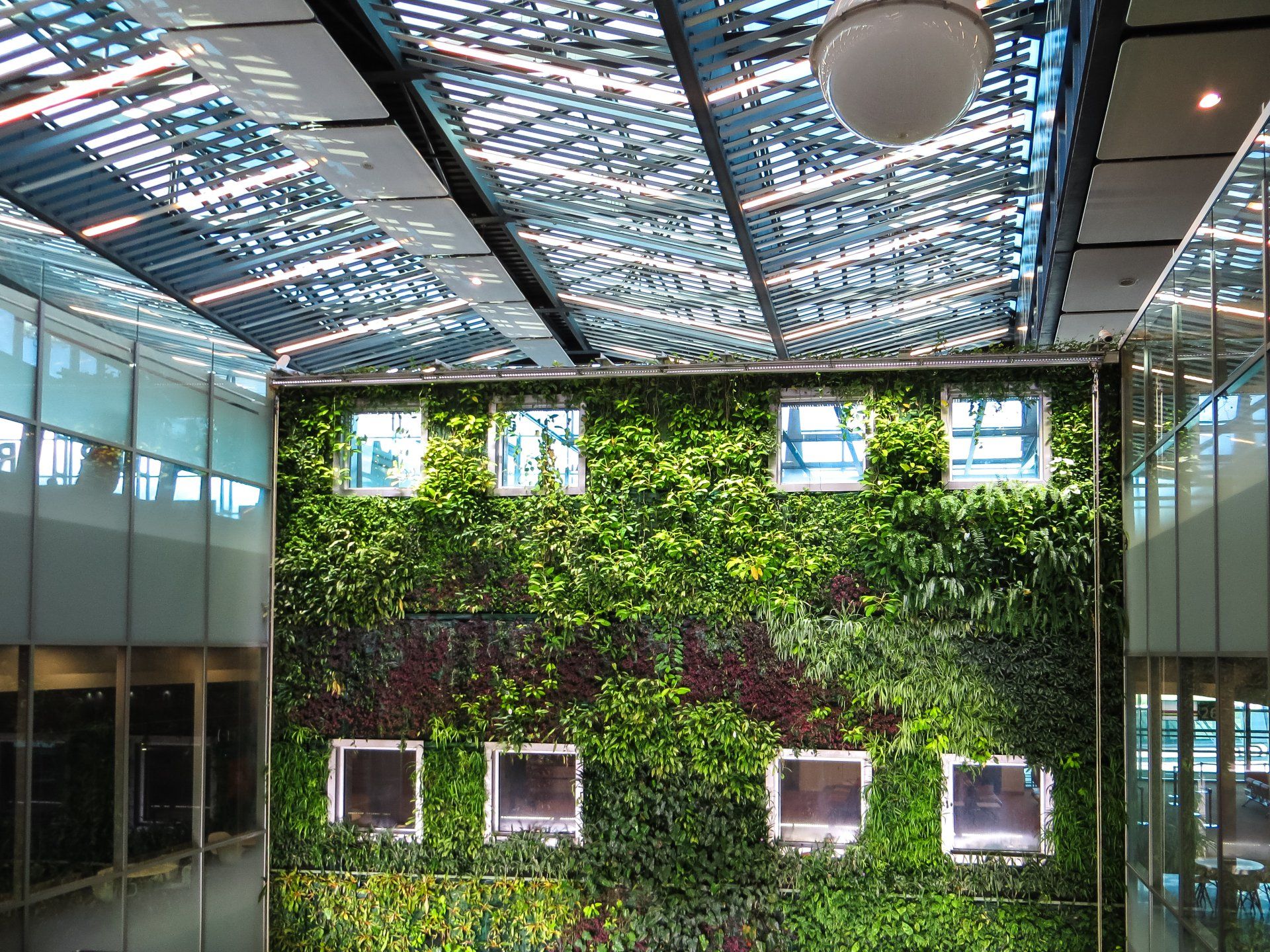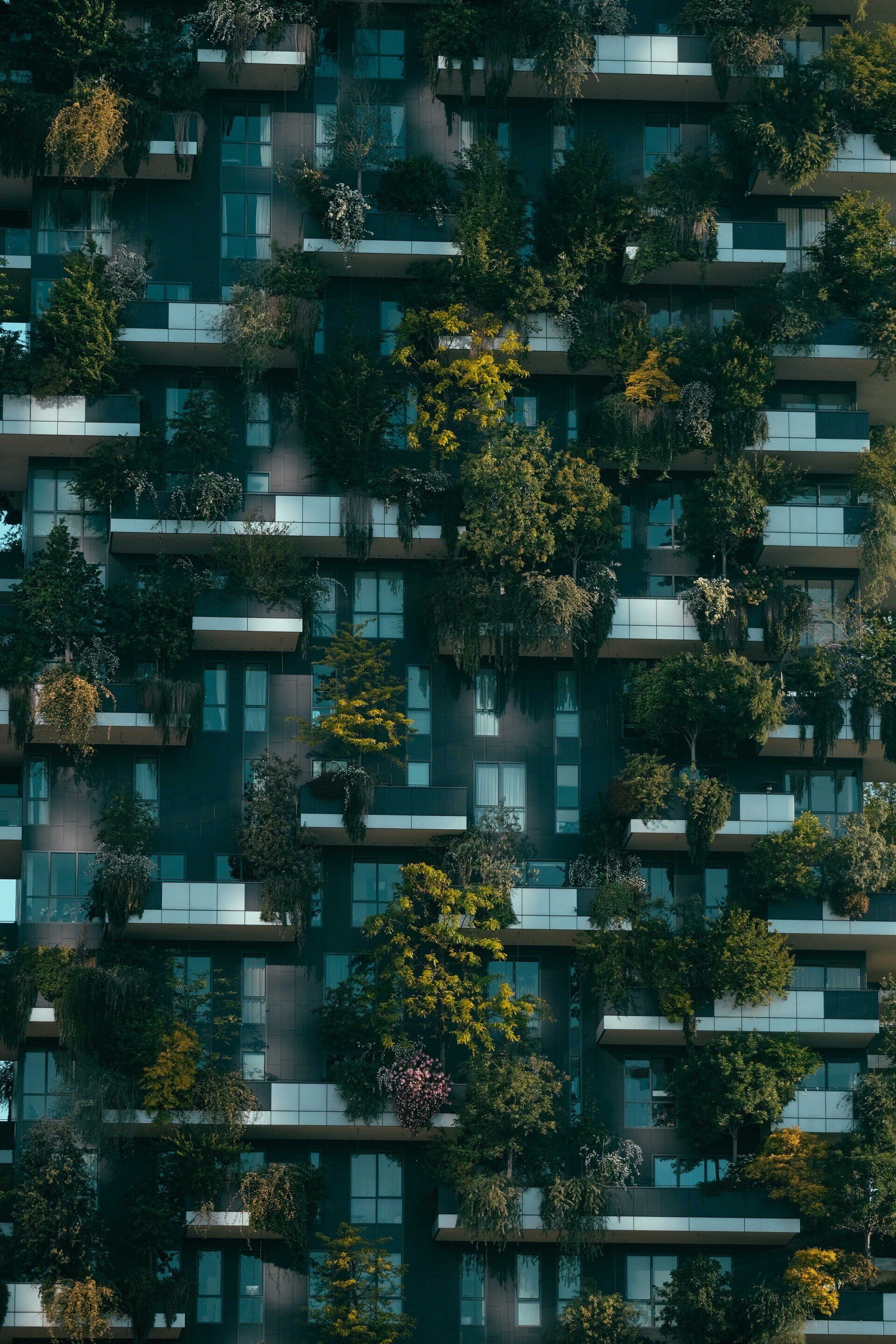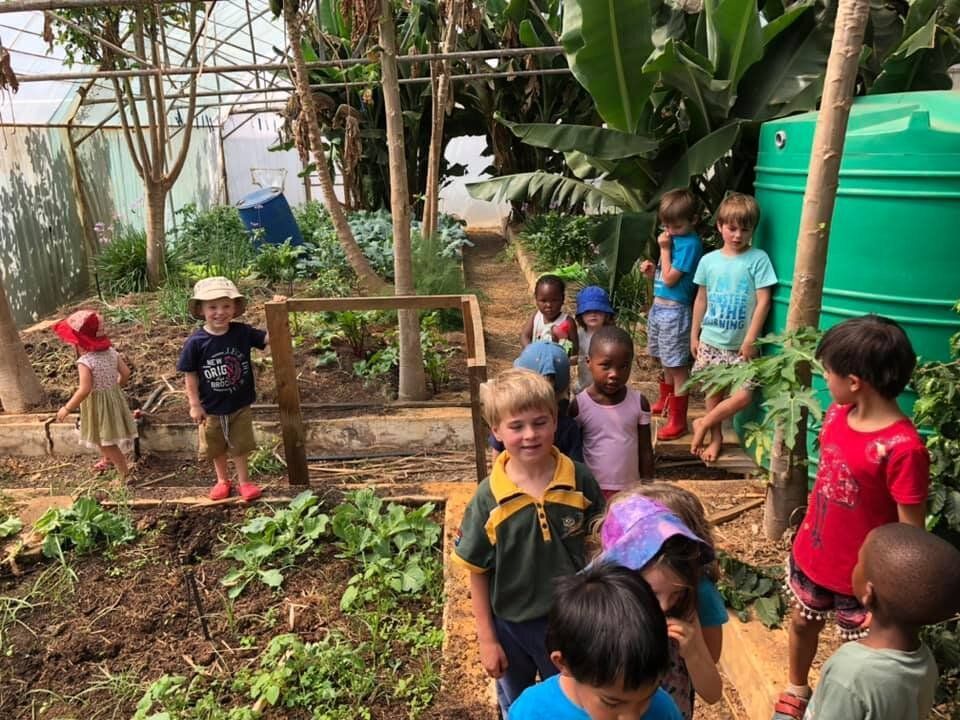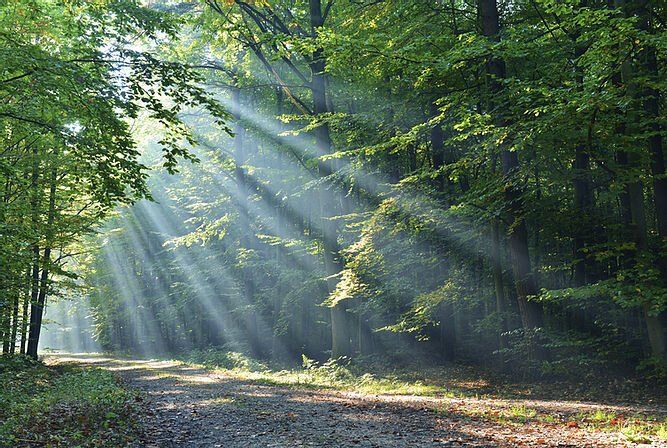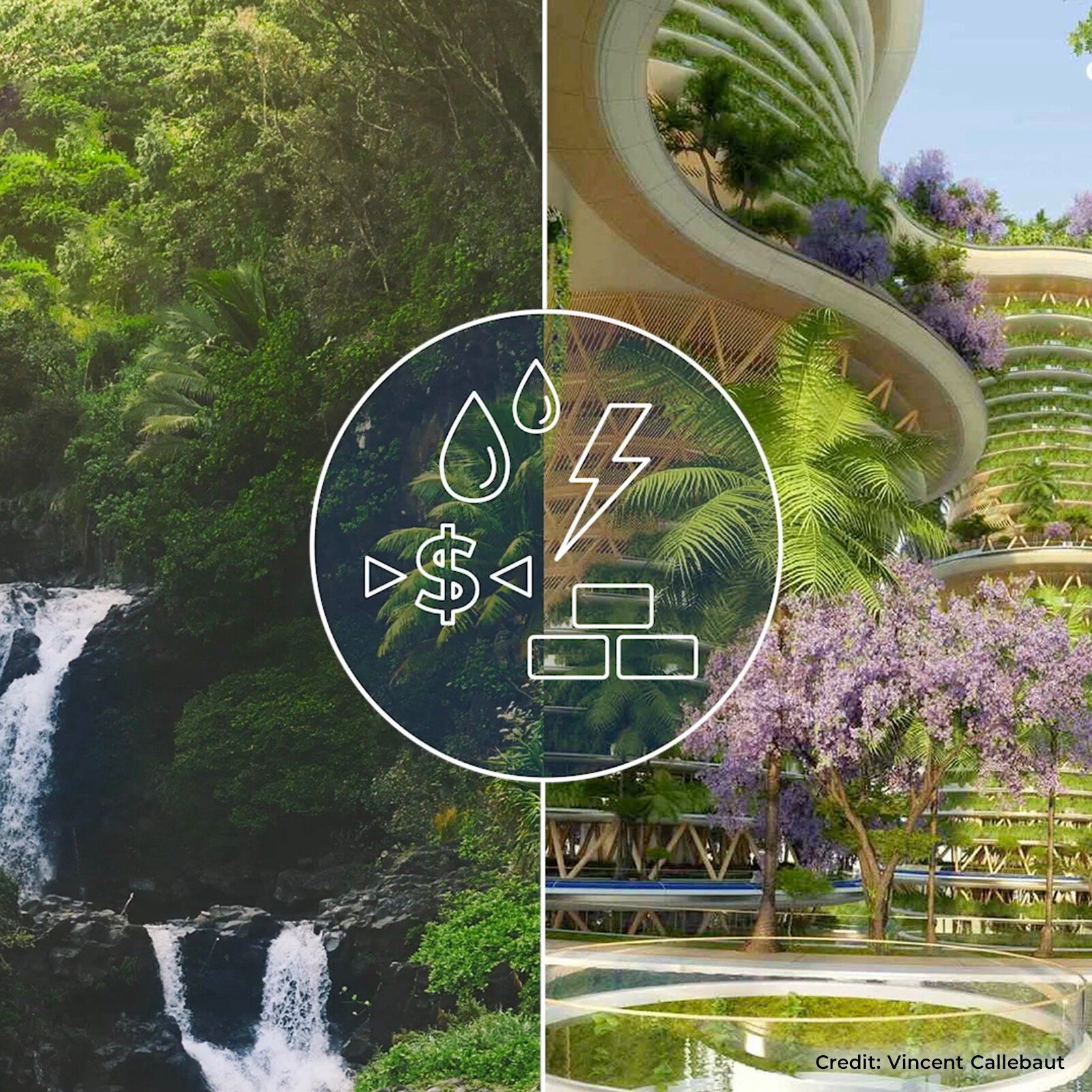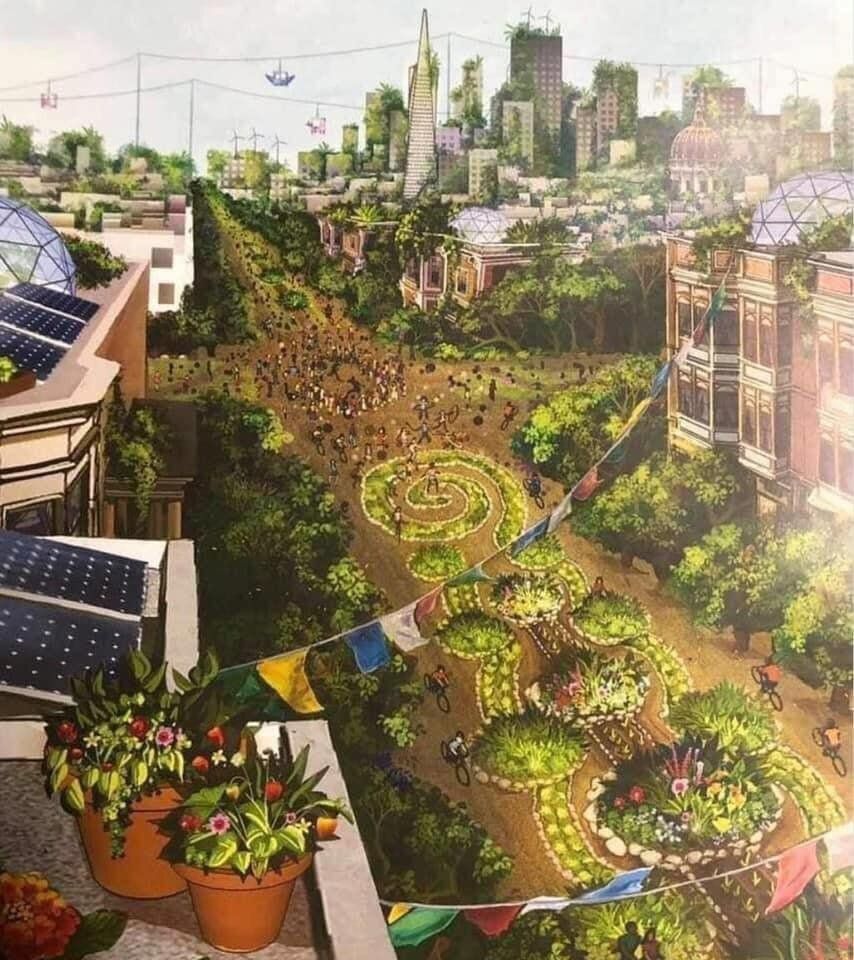Regenerative Living
Biomimicry Centers For Regenerative Living:
Our Biomimicry Centers for Regenerative Living are experiential living laboratories for a biomimicry approach to regenerative and resilient living.
The Challenge: In essence they aim to demonstrate practical ways of living according to biomimicry Life’s Principles - from home to community and beyond. These demonstration centres are based in the KZN Midlands and Mpumalanga as a practical design response for how individuals in cooperative communities can innovate towards self-organising, self-sufficient, localised, diverse, regenerative and resilient systems for: homes, agriculture, infrastructure (water, energy, materials, etc.), learning (schooling/unschooling), health and wellbeing, organisations, economies, and so much more. The centre serves to “connect all the dots” of regenerative living, emphasising how they work together as part of a larger “ecosystem”. The centre hosts a combination of workshops (experiential how-to and practical demonstration), live-in experiences (regenerative farm stays), educational processes, information sharing (online), and more. We also host sponsored open-innovation biomimicry design challenges with practical applications at the centers.
Value:
In addition to this practical component, there is a big-picture component that expands the focus from local to large. How the parts fit into the whole, how the whole can transform. What will our society be like in the future? From the conceptual (authors, futurists, designers, etc.) to the practical (examples on the ground of projects, organisations and places already implemented) that are transforming systems at a larger level. Including: regenerative agriculture, the future of materials, new economies, future of cities, future of energy and water infrastructure, ecological restoration, future of economies and government/governance, and so much more).
The living centres seek to be a fractal of a larger transformative innovation approach to a world that nourishes all life- for a vision and new possibilities for our world and how we can contribute to making this happen. What are the deep biomimicry principles for rethinking and re-imagining our society at large and what does this look like practically?
The Center Aims To:
Inspire: through practical examples of “what else is possible” for a regenerative and resilient world – an inspiring, uplifting, encouraging and supportive approach for how individuals and communities can learn from nature’s exquisite ecosystems, and learn from each other, in how to apply biomimicry to everyday living (including homes, food, health, etc.).
Enable: through practical living experience, workshops, training, support networks, guidance, mentoring, and more.
Regenerate: by supporting the growth and development of individuals and communities that network together to support a new distributed, diverse and regenerative socio-economic evolution for humanity that is in harmony with nature.
Success Story
LIVING BUILDINGS FOR
A LIVING FUTURE
The Living Building Challenge:
The stunning realization that "a building is like a flower" is revolutionizing the green building and sustainability movement world-wide.
Considered one of the most influential individuals in the green building movement today. McLennan is the recipient of the prestigious Buckminster Fuller Prize, as well as CEO of the International Living Future Institute, a leading NGO (Non-Governmental Organization) that focuses on the transformation to a world that is socially just, culturally rich and ecologically restorative. He is also CEO of Cascadia Green Building Counsel. McLennan is the founder and creator of the Living Building Challenge, widely considered the world’s most progressive and stringent green building program. His vision and published works have made a pivotal impact on the shape and direction of green building in the United States and Canada.
This talk was given at a TEDx event using the TED conference format but independently organized by a local community. Learn more at http://ted.com/tedx
Jason McLennan
TEDxBend
Find out more about regenerative agriculture and regenerative health/living in these videos below:
issue of water pollution
Water has been identified as one of the major risks facing the Western Cape and is also being prioritised in the Green Economy Strategic Framework. The Genius of Space project is an innovative project conceptualised in 2012 in conjunction with BiomimicrySA and the 110% Green Project to address the issue of water pollution in the Western Cape.
— 110% Green, Western Cape DEADP

